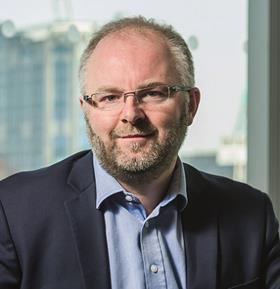Property development, no matter how you look at it, is about transforming communities.

Yes, there is profit to be made, but a successful scheme has to resonate with the general public; otherwise it just won’t work.
Huge cuts in public sector funding mean councils are looking to engage ever more in development to generate place shaping, capital receipts or longer-term income streams. If developers know how to engage properly with councils, understand what makes them tick and talk the right language, great things can be achieved. Here are some tips as to how developers can achieve a better outcome from the dialogue process.
First, developers could save a lot of time and bid costs if they acknowledge and understand the council’s desired outcomes. A huge amount of thought will have gone into the scheme requirements, so only bid if you can meet or improve upon them.
Developers must also understand the selection criteria. Bids are scored and weighted so make sure the submission matches the criteria. It is amazing how many marks are lost on this point.
The developer who focuses too heavily on his or her own return is not listening to the brief. Clearly developers are there to make money, but the misalignment of objectives is what creates the competitive tension rather than the required collaboration.
Next, it is vital to approach a council and understand the political and strategic context of the development.
Councils can be highly commercial, innovative, solution focused and collaborative. It amazes us how many developers turn up to competitive dialogue meetings with a really aggressive approach. Remember you have to work together for years and the attitude of a developer will be a scored criteria, so play nicely.
We have noticed a trend for developers’ legal teams trying to bring financial or legal models to councils that they have used on other deals. Trying to shoehorn one legal or commercial structure into a place it is not meant to go often does not end well and creates more costs for all parties.
There are many funding and grant models available to ensure developments can become pump-primed. Developers with a good knowledge of the different funding models that are available to the public sector have a tremendous advantage.
Finally, developers must appreciate the values of the council and the political pressure they are under in the current climate. This will lead to a scheme that really makes a difference to the community. This is what public sector procurement is all about.
Chris Plumley is a partner and Alex Tindall is a solicitor at Anthony Collins Solicitors






























No comments yet